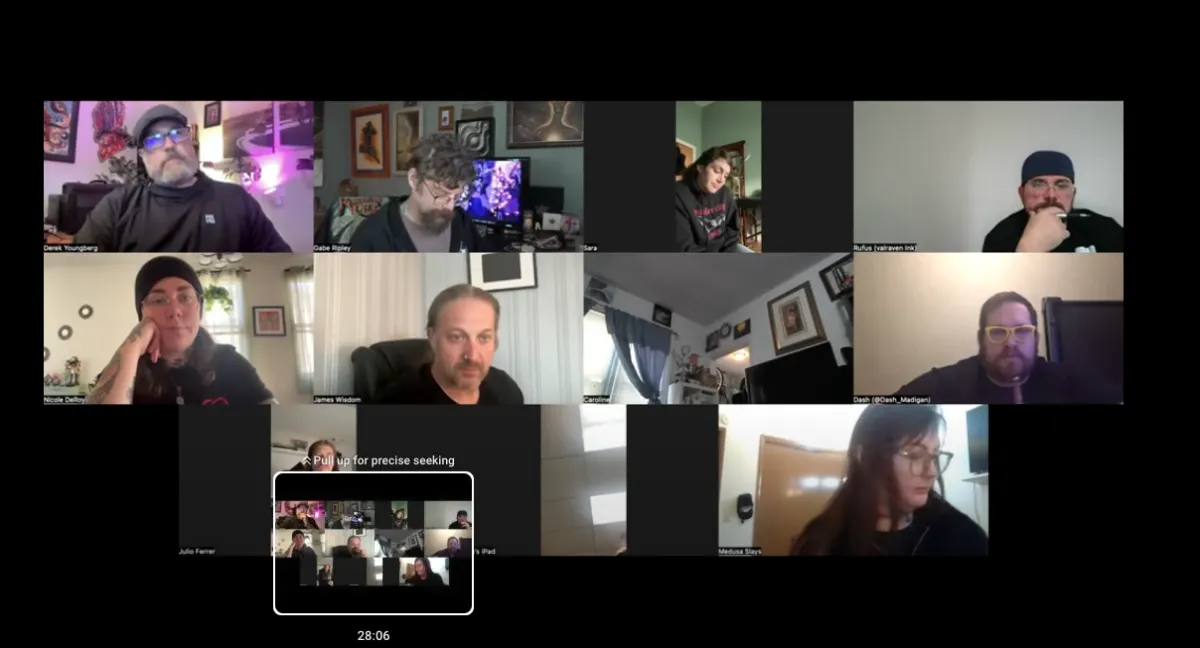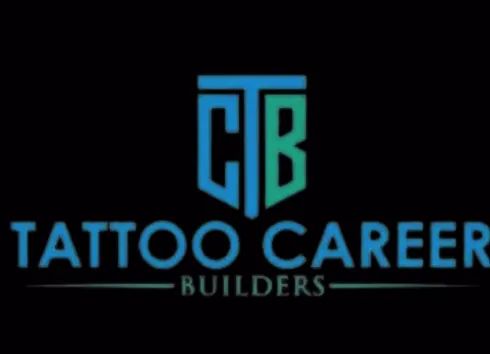
#1 Building the Foundations of a Thriving Tattoo Business
#1 Building the Foundations of a Thriving Tattoo Business
Building the Foundations of a Thriving Tattoo Business
Introduction: Why the Business Side Matters
The Three Hats of a Tattoo Business Owner
Building the Foundations of a Thriving Tattoo Business
Introduction: Why the Business Side Matters

When we start out in tattooing, most of us focus on perfecting the art. It’s what drew us to the craft in the first place. But as tattooers—whether we’re independent contractors, shop owners, or part of a team—we quickly realize that mastering the art isn’t enough. The business side of tattooing is just as critical to our success, and for many of us, it’s the part we were never taught.
Running a successful tattoo business isn’t just about doing great tattoos. It’s about creating systems that ensure your shop—and everyone in it—thrives. A strong foundation in business can make the difference between loving your career or burning out entirely.
I learned this the hard way. When I started, I thought common sense and a passion for tattooing would carry me through. I thought I could “figure it out” as I went along. I was wrong. I was juggling everything—art, management, and the vision for the future—and it was a mess. It wasn’t until I began to understand the importance of systems that things began to change.
The Three Hats of a Tattoo Business Owner
In tattooing, we wear three essential hats. Each one has its place, but if we don’t understand when and how to wear them, they can work against us instead of for us.
The Artist’s Hat
This is the hat we wear most often. It’s the part of us that’s fully present with the client, creating art and delivering an experience. But here’s the thing: this hat only works when we’re fully in the moment. If you’re worrying about bills, emails, or shop issues while tattooing, you’re not just distracted—you’re wearing the wrong hat.
The Manager’s Hat
This hat focuses on the day-to-day operations. It’s answering emails, scheduling, managing client communications, and making sure the shop runs smoothly. The manager’s hat is about fixing past problems and keeping everything in order.
The Entrepreneur’s Hat
This is the dreamer’s hat. It’s about looking ahead, setting goals, and building a vision for the future. This hat is critical, but it can pull you out of the present if you don’t schedule time for it.
Let me tell you a story to illustrate how these hats can clash. I had a client who came to me from another artist. She told me about how the artist would stop mid-session to mop the floor, make a phone call, or pay a bill. The client never went back. The issue wasn’t the artist’s skill—it was that they were wearing the manager’s hat when they should’ve been focused on tattooing. You can’t mix these roles. Each one requires its own dedicated time.
Why Systems Matter
Without systems, you’re winging it. And when you wing it, things fall apart. Systems let you work smarter, not harder, so you can focus on what you love most—tattooing.
Here are the five key systems I believe every tattoo business needs to thrive:
Document Everything
Write down your processes—how you set up your station, greet clients, or break down after a session. If it’s not documented, it’s not repeatable. If it’s not repeatable, you can’t grow.
I used to freestyle everything, and it held me back. Once I started documenting my processes, I was able to teach others and scale my business.Prioritize Client Experience
Always think about your shop through the client’s eyes. Is it welcoming? Is it clean? Are you meeting their expectations?
I’ll never forget working in a shop where Slipknot played 24/7. We lost so many potential clients because we weren’t reading the room. The client experience has to come first.Balance the Hats
You can’t wear all three hats at once. Schedule time for management and vision work so it doesn’t interfere with your tattooing. For me, 70% of my time is spent as an artist, 20% as a manager, and 10% as an entrepreneur.Automate and Delegate
Automation frees you to focus on what matters. Tools like booking systems, automated reminders, and task boards can save you hours. And when you’re ready, delegate tasks to others so you can stay in your zone of genius.
One of my clients used an automated system to remind customers about appointments. It made them feel valued and saved him countless hours. That’s the power of automation.Set Clear Expectations
Whether it’s with clients, team members, or yourself, clarity is everything. When expectations aren’t clear, resentment builds. Have systems in place for communication, responsibilities, and problem-solving.
Burnout and the Turning Point
Burnout taught me the value of systems. I hit a point where I didn’t think I’d recover. I was juggling everything—tattooing, running the shop, managing people—and it was too much. I even thought about leaving the industry. But instead of quitting, I redefined my mission.
I got clear on why I was in this business. I asked myself what I valued, why I cared, and what I wanted to create. And then I built systems to support that mission. It wasn’t an overnight fix, but it worked.
Real-Life Lessons and Reflections
The moment I stopped trying to freestyle everything, everything changed. One year after implementing systems, my shop was named the best in Central Oregon. That wasn’t luck—it was clarity, consistency, and systems.
I’ve seen this work in other shops, too. There’s a shop in Seattle thriving because the owners understand the value of roles. One focuses on tattooing, while the other runs the business side. They’ve built systems for every part of their operation, and it shows. Even during economic downturns, they’re excelling.
Your Action Plan
Reflect: What’s one thing you could do today to improve your systems?
Document: Choose a routine task (like setting up your station) and write down each step.
Evaluate: Walk into your shop as if you were a new client. What stands out—good or bad?
Closing Thoughts
Running a successful tattoo business isn’t about luck or talent alone. It’s about clarity, consistency, and a relentless focus on improvement. When you take the time to work on your business—not just in it—you set yourself up for long-term success.




